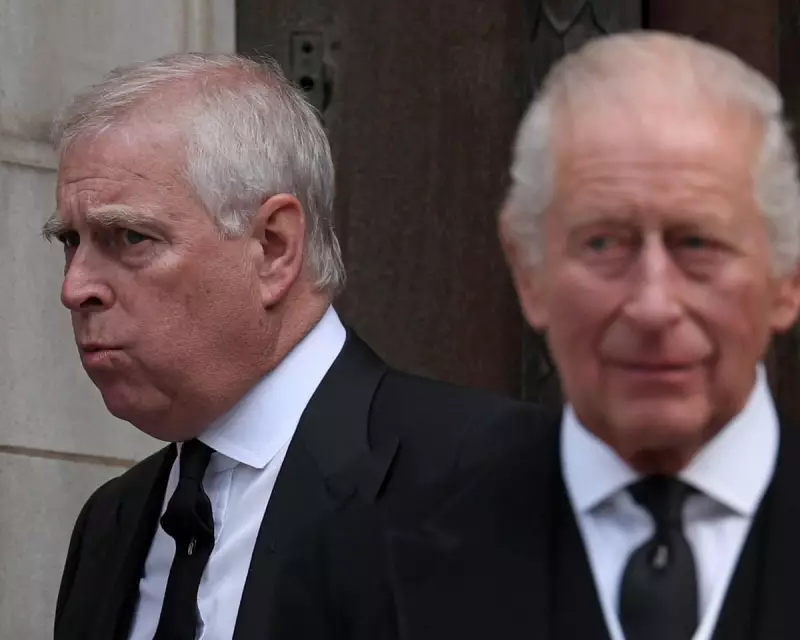
In a move that's sending ripples through royal circles, Prince Andrew is set to be known simply as 'Andrew Mountbatten-Windsor' in what represents a dramatic departure from centuries of royal tradition. This unprecedented shift raises fundamental questions about identity, status, and the future of the monarchy itself.
The Breaking of Royal Protocol
For the first time in modern history, a senior royal is shedding the traditional 'Prince' title in favour of a more civilian identity. The name 'Mountbatten-Windsor' itself carries significant historical weight, representing the fusion of Prince Philip's Mountbatten lineage with the House of Windsor established by King George V in 1917.
This change isn't merely symbolic—it fundamentally alters how one of the most controversial figures in the royal family will be perceived by the public and how he'll navigate his post-royal life.
What's in a Name? Everything
The significance of this transition cannot be overstated. Royal titles have traditionally served as markers of status, hierarchy, and relationship to the Crown. By adopting the Mountbatten-Windsor surname without the princely prefix, Andrew occupies a unique position somewhere between royal privilege and ordinary citizenship.
This move follows his stepping back from royal duties in the wake of the Jeffrey Epstein scandal and his subsequent legal settlement. The title change appears to be part of a broader strategy to redefine his public persona and distance himself from the controversies that have plagued his royal career.
The Modern Monarchy's Identity Crisis
Andrew's situation highlights the ongoing tension between tradition and modernity within the royal family. As younger generations of royals seek to balance public service with personal lives, and as the institution faces increasing scrutiny, questions about relevance and adaptation become increasingly urgent.
The 'plain Andrew' precedent raises intriguing possibilities for how other royals might navigate their positions in the future. Could this become a template for other family members seeking to step back from frontline duties while maintaining some connection to their heritage?
This development represents more than just a personal rebranding—it's a potential watershed moment for the entire institution, forcing a conversation about what it means to be royal in the 21st century and how the monarchy must evolve to survive in an increasingly sceptical world.





